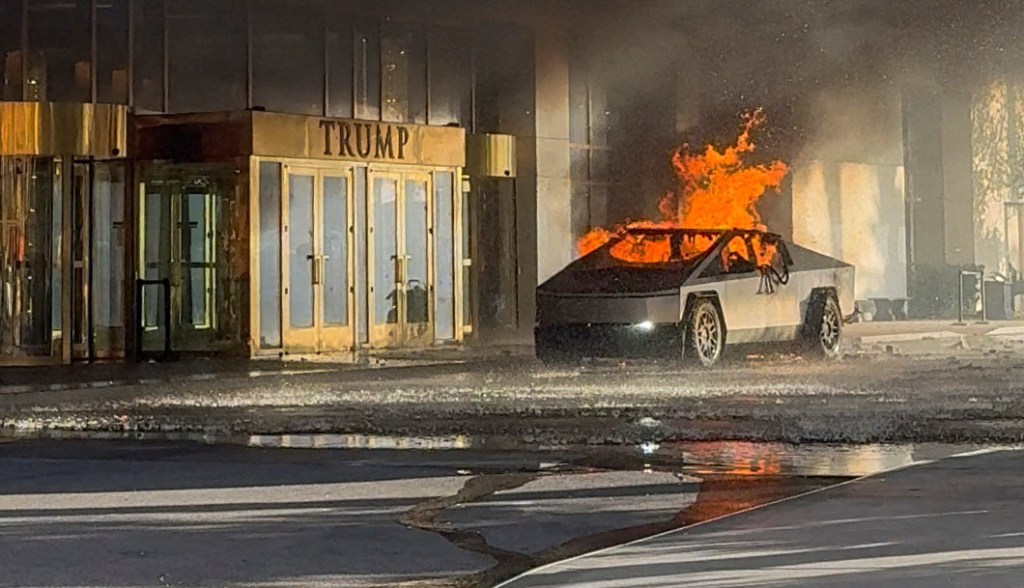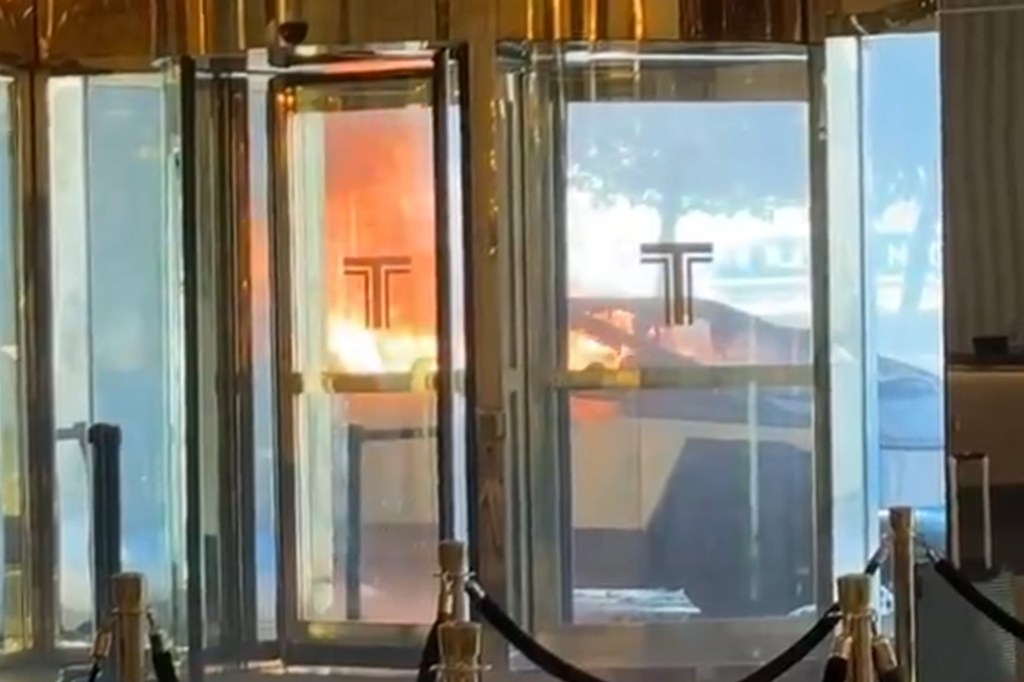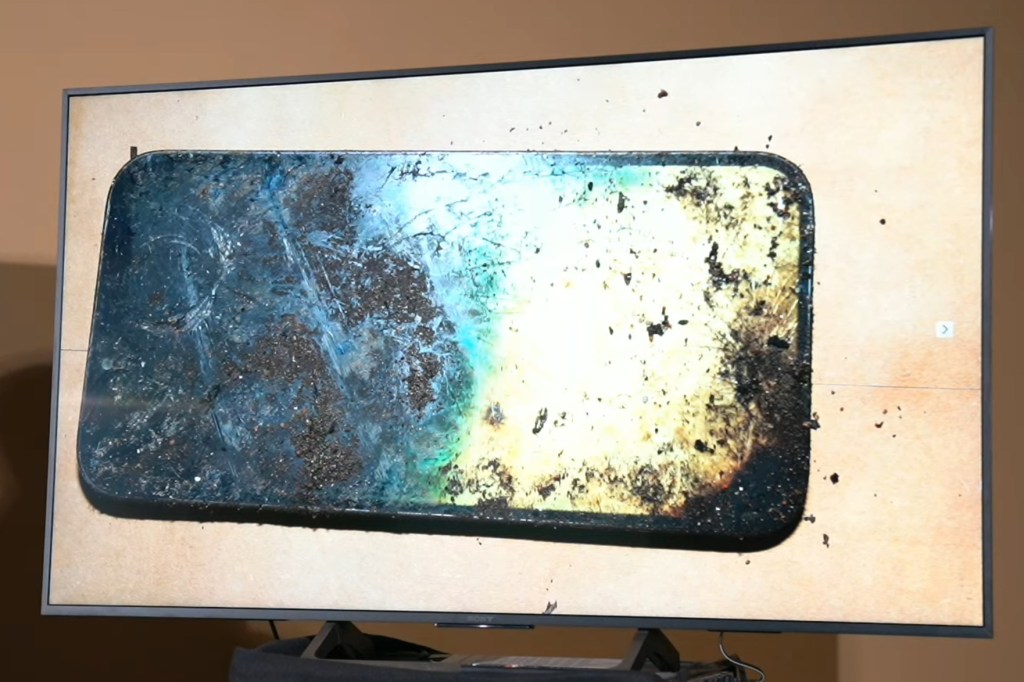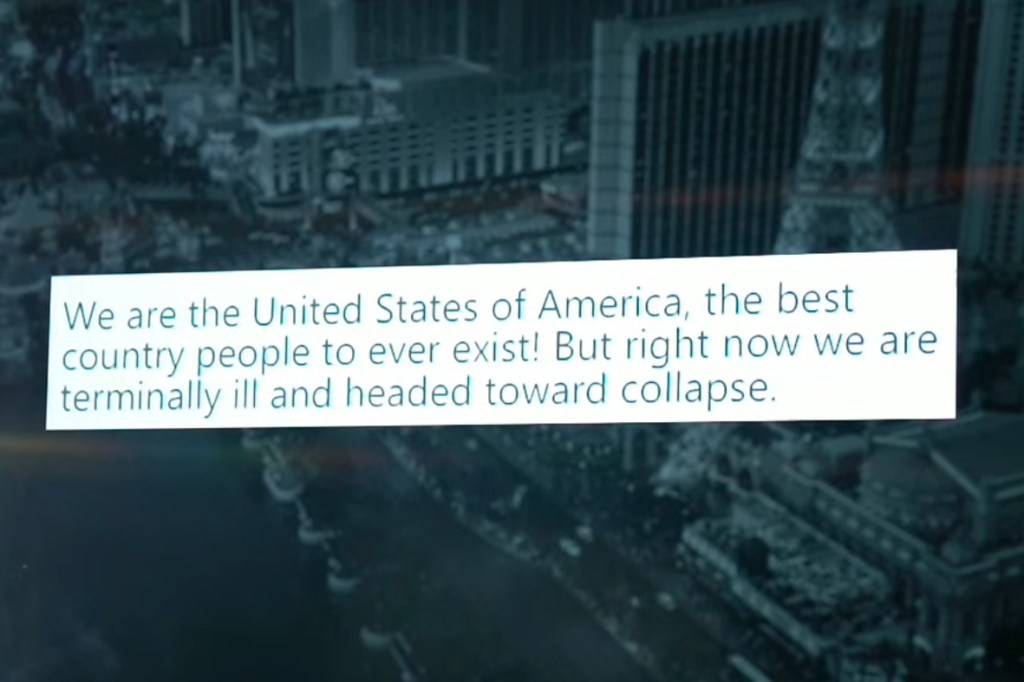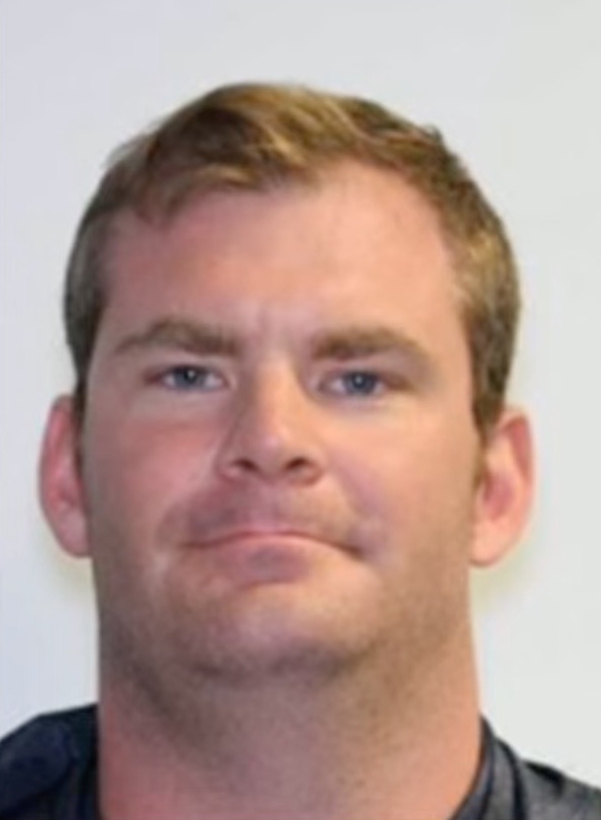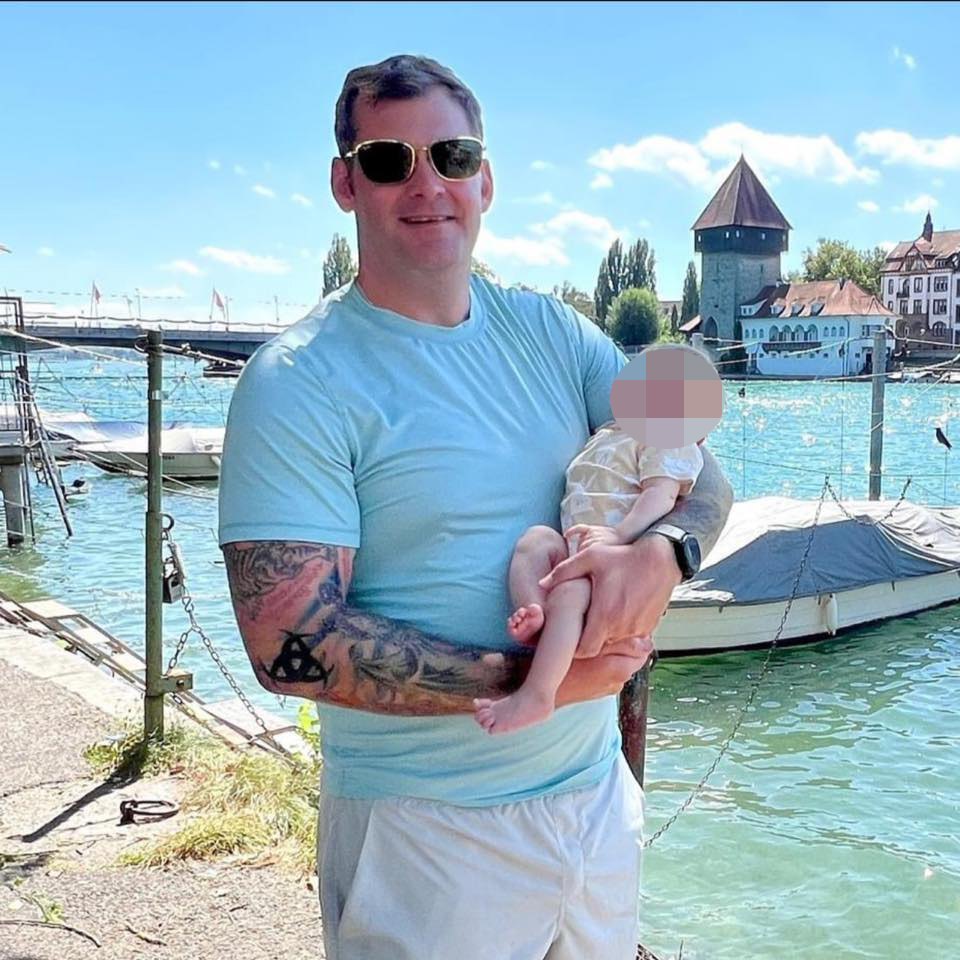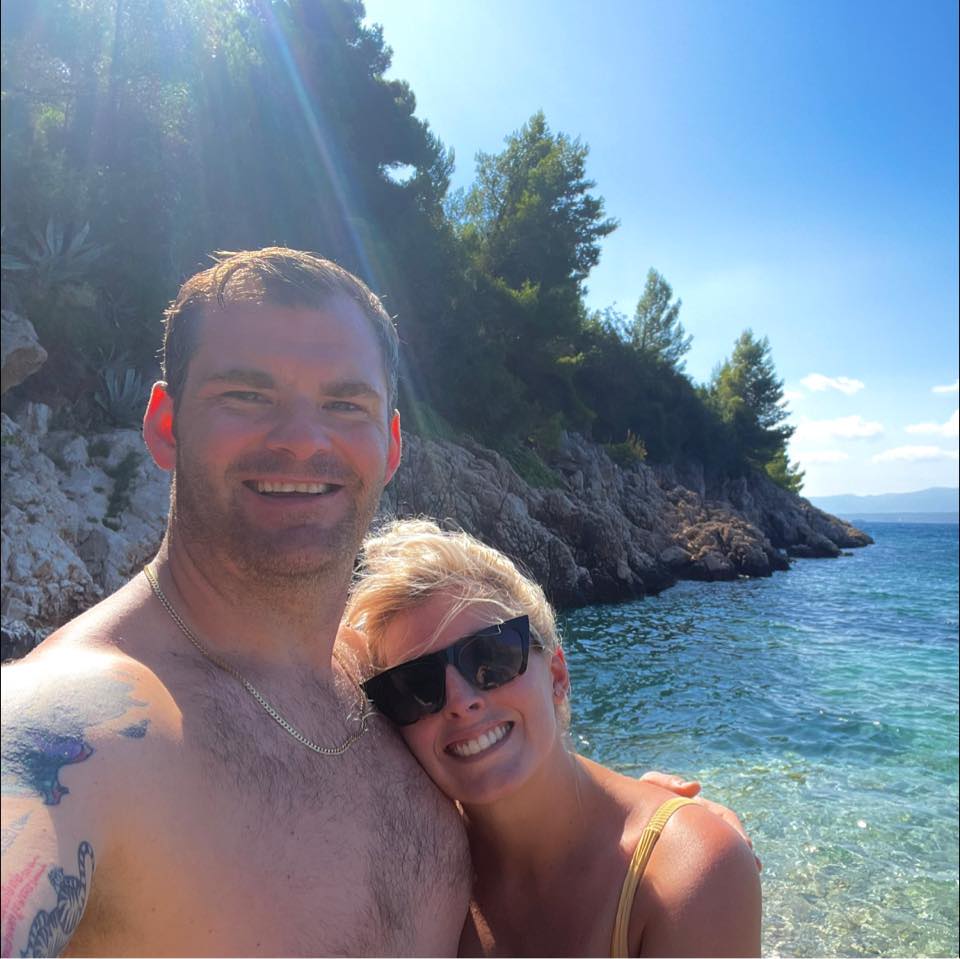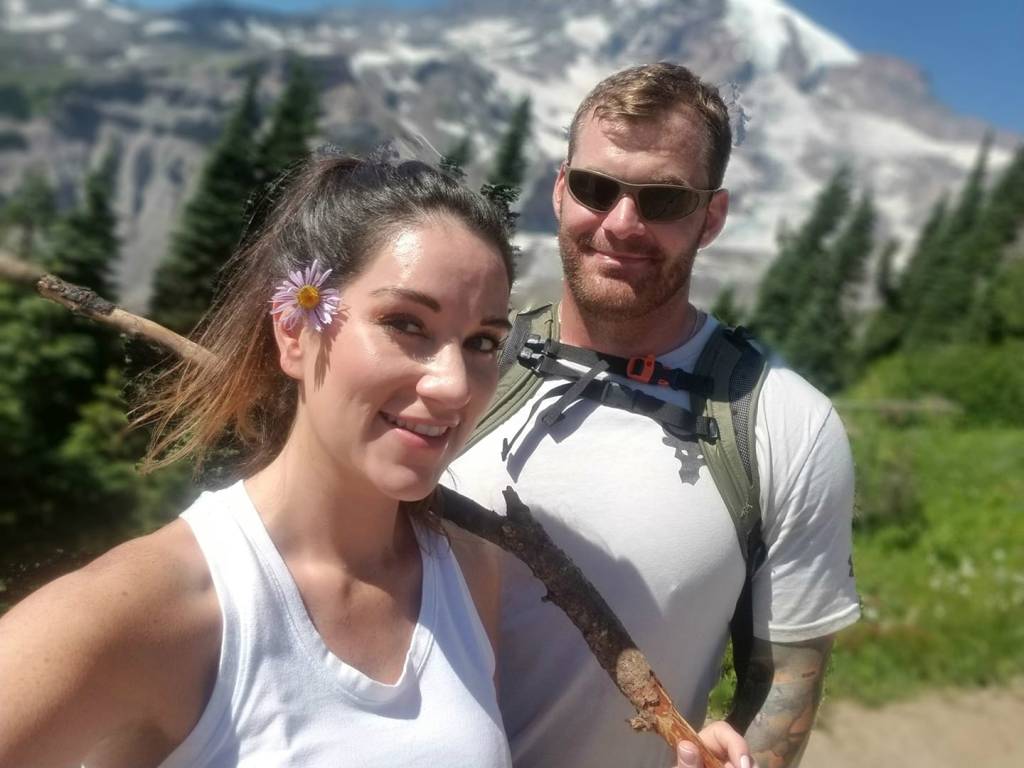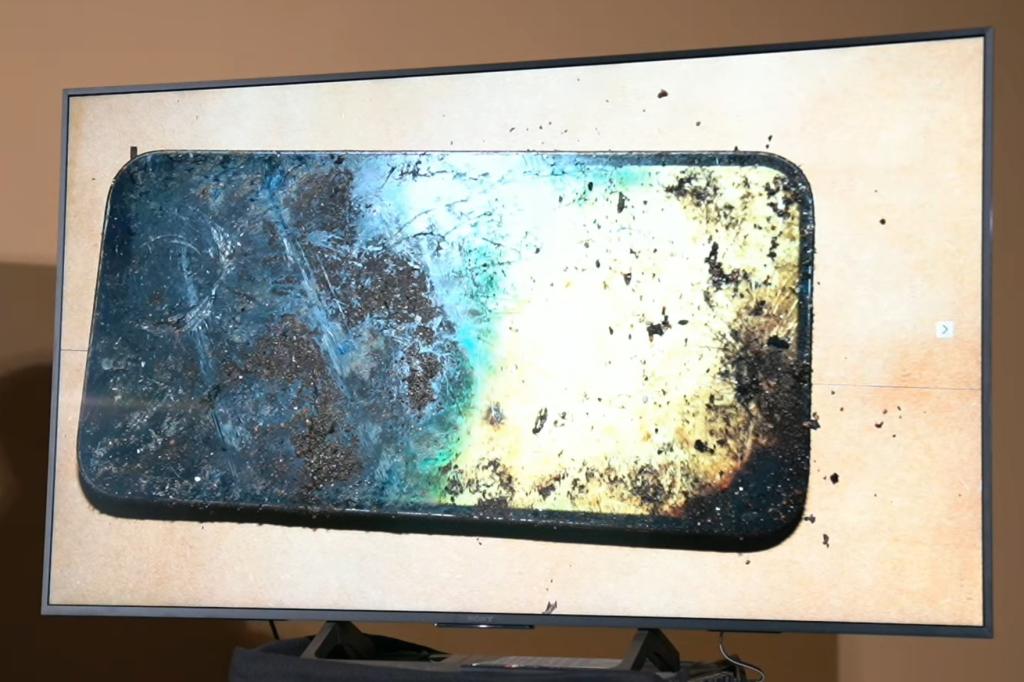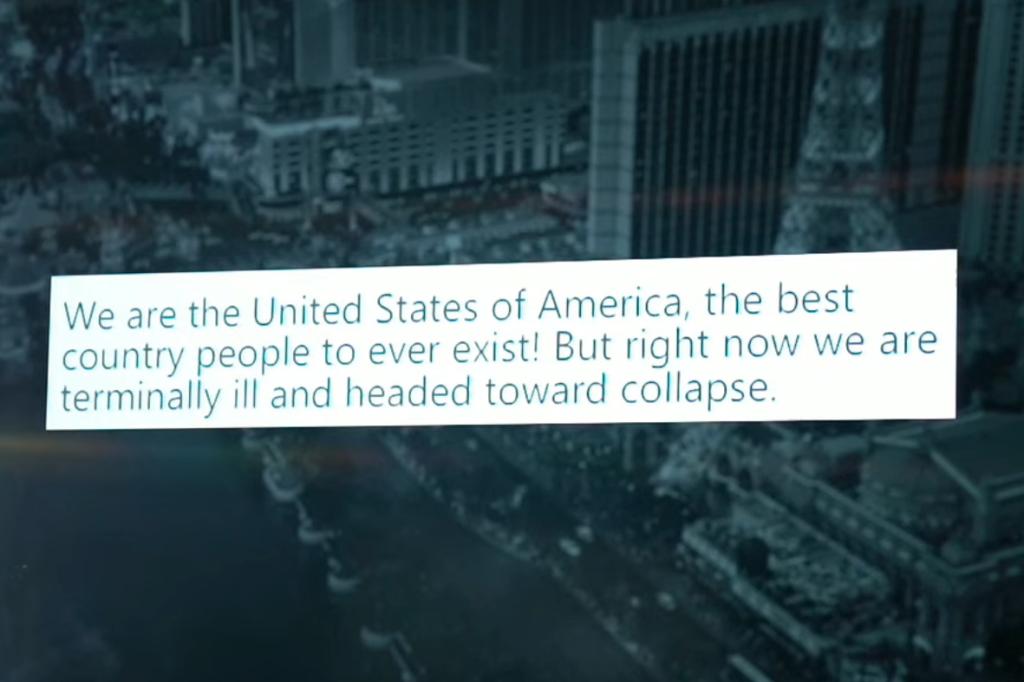Matthew Livelsberger claimed Cybertruck bombing was to ‘cleanse his mind’ of brothers he lost — and trashed ‘feckless leadership’ of a USA ‘near collapse’
Las Vegas Cybertruck bomber Matthew Livelsberger claimed his shocking suicide wasn’t a terror attack but a way for the US solider to “cleanse” his mind — while blasting the “feckless leadership” of a United States “near collapse,” authorities revealed Friday.
Livelsberger, an active member of the Army’s elite Special Forces, left behind two notes in a charred cellphone recovered inside the singed Tesla he rented that suggest his motive for detonating explosives as he “simultaneously” shot himself in front of the Trump International Hotel Wednesday, Las Vegas police said.
“This was not a terrorist attack, it was a wake up call. Americans only pay attention to spectacles and violence. What better way to get my point across than a stunt with fireworks and explosives,” Livelsberger, 37, wrote in a notes app.
“Why did I personally do it now? I needed to cleanse my mind of the brothers I’ve lost and relieve myself of the burden of the lives I took.”
In another letter recovered by police, Livelsberger implored his fellow servicemembers, veterans and all Americans to “WAKE UP.”
“We are being led by weak and feckless leadership who only serve to enrich themselves,” he wrote according to authorities.
“We are the United States of America, the best country people to ever exist! But right now we are terminally ill and headed toward collapse.”
Livelsberger, who had been deployed to Afghanistan in 2017 and 2018, was known to be a “Rambo-type patriot” and staunch supporter of President-elect Donald Trump.
He had been in the Army for at least 19 years, joining the Green Berets in 2006, according to his LinkedIn profile.
Federal officials suggested Livelsberger had been suffering from PTSD and other personal issues that contributed to his suicide bombing.
“Although this incident is more public and more sensational than usual, it ultimately appears to be a tragic case of suicide involving a heavily decorated combat veteran who was struggling with PTSD and other issues,” FBI Special Agent Spencer Evans said.
The feds also found “strong evidence” that links Livelsberger to a conspiracy-laden manifesto he allegedly penned and emailed to a US Army Intelligence officer ahead of the fatal explosion.
Follow the latest on the Cybertruck explosion outside a Trump Hotel in Las Vegas:
- Vegas Cybertruck bomber Matthew Livelsberger revealed as special forces soldier overseeing drones as first pic shows him posing in camo with rifle
- Vegas Cybertruck bomber Matthew Livelsberger shot himself in head before explosion, police say
- Revealed: New Orleans ISIS terrorist and Cybertruck bomber both served at Fort Bragg
- ‘No definitive link’ between Vegas Cybertruck explosion and New Orleans attack: FBI
In the email, read on “The Shawn Ryan Podcast” on Friday, the dad of one claimed federal officials were working with China to develop and deploy the mysterious drones that caused hysteria across the New York metro region last month.
Livelsberger referred to the drones as “the most dangerous threat to national security,” alleging the flying objects used gravity manipulation technology and had the ability to evade detection, the retired US Navy SEAL revealed on his show.
Officials are still working to determine the origin and legitimacy of the document.
Police said Livelsberger logged his personal and political grievances into his phone about 10 days leading up to the bombing. He also kept a log outlining multiple locations along his route from Colorado to Las Vegas, officials said.
The father of a baby daughter left his Colorado Springs home the day after Christmas following an argument with his wife over apparent infidelity, two sources familiar with the investigation told The Post.
After leaving Colorado, Livelsberger rented a Cybertruck through the Turo app and made his way to Vegas, where he parked in front of the Trump hotel and detonated explosives stashed in the trunk as he shot himself in the head.
Seven people suffered minor injuries from the blast, while Livelsberger’s body was burned beyond recognition. He was identified from his passport and an Army ID found inside the vehicle.
In addition to the notes on his phone, police also obtained new surveillance footage from charging stations where Livelsberger made stops as he headed to Sin City.
Authorities suggested he may have stopped in New Mexico to legally purchase fireworks used in the explosion.
Officials also made a positive match of Livelsberger’s two tattoos before and after the explosion, showing photos of the Army vet’s burnt body.
Police said they are still reviewing the immense data found on Livelsberger’s cellphone, adding that investigators are working to gain access to a second phone and a laptop.
“We are barely scratching the surface,” Las Vegas Sheriff Kevin McMahill said.
“And almost hourly receiving additional information requiring substantial investigative efforts on part of the joint investigation between ourselves, the FBI and the ATF.”








